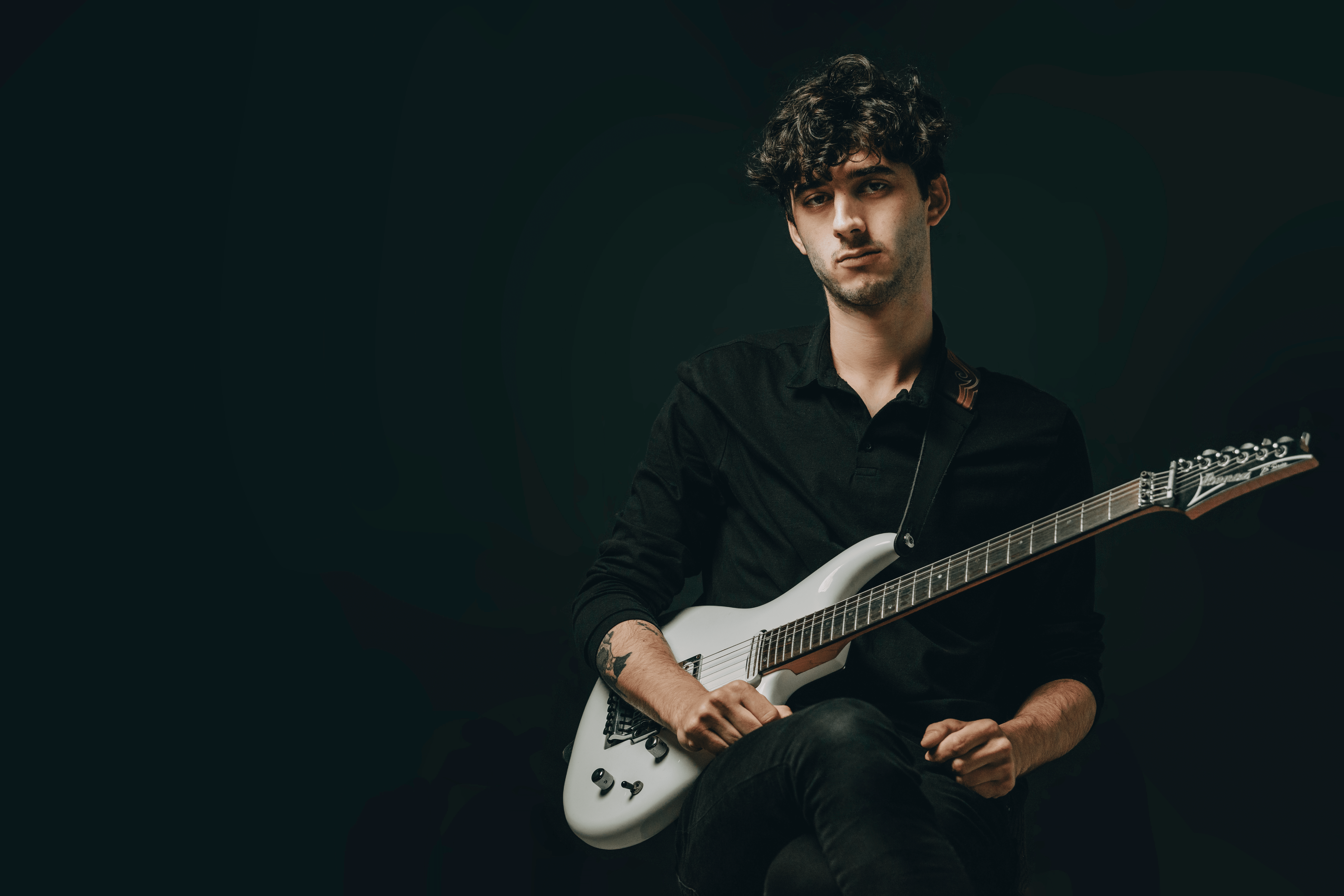We were lucky to catch up with Zack Camilleri recently and have shared our conversation below.
Hi Zack, thanks for joining us today. Have you been able to earn a full-time living from your creative work? If so, can you walk us through your journey and how you made it happen? Was it like that from day one? If not, what were some of the major steps and milestones and do you think you could have sped up the process somehow knowing what you know now?
Earning a full-time living from your creative work is not the dream job most people make it out to be. It could be, and it should be. But the few has ruined it for the working-class creatives. We live in a culture which promotes anything but authenticity. Each passing year, major labels resemble a growing tumour more and more, as they try to squeeze out every possible dime from the artists they think can make them money. There are no second thoughts when it comes to changing a song if it means more people will temporarily listen to it, even if the new version does not resemble the artist and/or writer’s initial message.
The positive side of all of this is that it has become so blatantly obvious that genuine music is not the intention of these Major Labels, that many artists, even prominent ones like Raye and Central Cee actively speak out against this growing cancer. The artists, writers and producers who truly deserve the bulk of a song’s royalty get a fraction of what they deserve if they’re lucky, and the result is the pitiful state that the music industry has become.
So yeah, as much as I love being a creative, this may be one of the worst times to be one, but it will change soon enough as we have had enough.
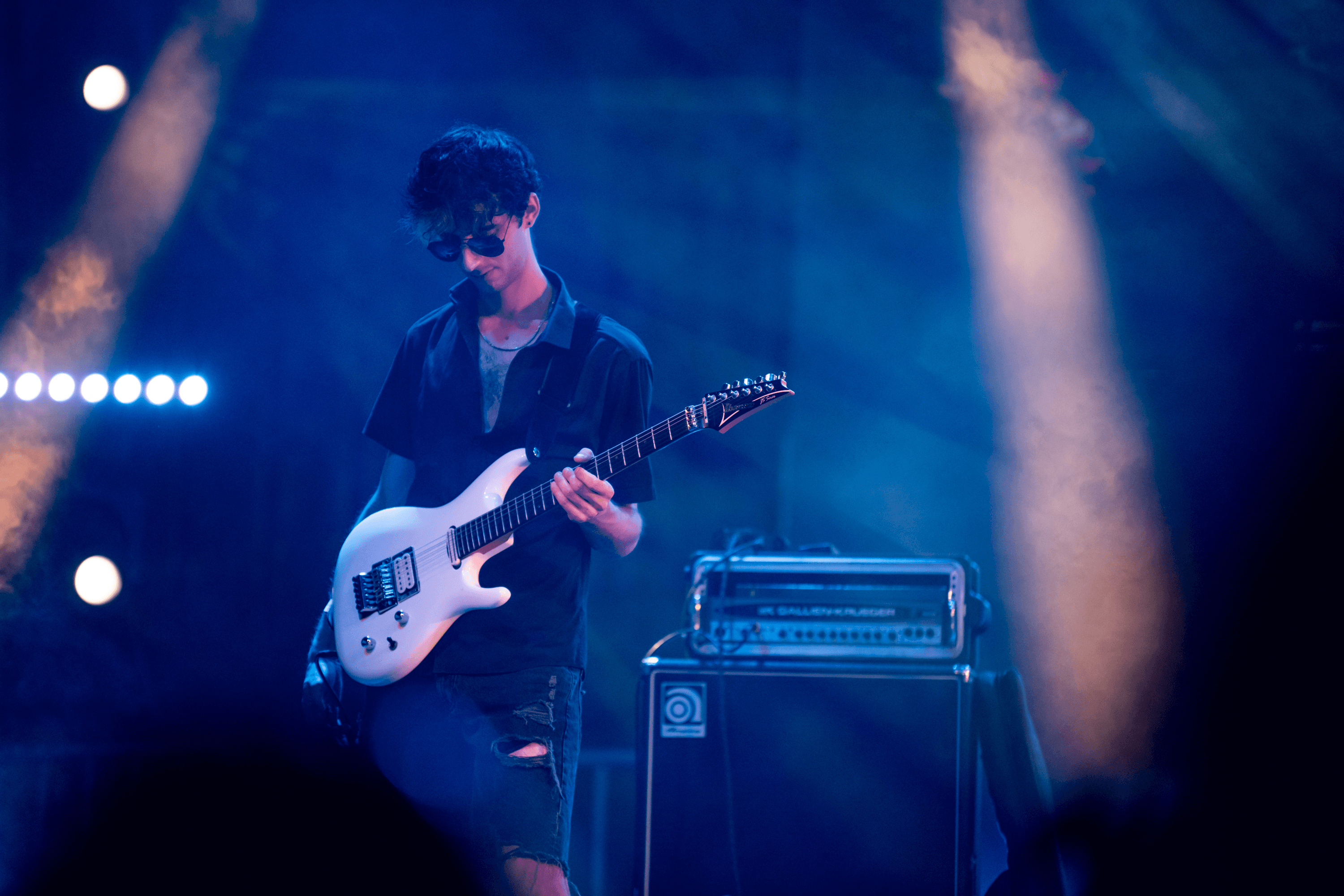
Great, appreciate you sharing that with us. Before we ask you to share more of your insights, can you take a moment to introduce yourself and how you got to where you are today to our readers.
During covid, I decided to invest all of my money in building a studio, as any reasonable adult would. My cousin own his own independent record Label (141 records) and together we set out to create a true artistic community without our home country of Malta, something very lacking here. After completing my studio, I went to London to study at ICMP, where I got my MA in Creative Music Production, and have now formed a team which tackles anything from songwriting, up to the mastering stage of producing a song.
What I believe really sets Ghoul apart from other recording studios is the fact that we do not work with people unless I see a sense of community and authenticity in the reasons why an artist wants to become an artist. The prime motive is not making money out of music, even though it is an important factor to keep sustaining ourselves. We at Ghoul are focused on the aspect of truth in a song, the individual story behind every song which tells us about the artists and writer involved in creating the song, rather than spewing short term catchiness for an extra buck.
This is what makes me proud of what we have achieved. It is so difficult to keep a hold of your morals in a world which doesn’t seem to value any, but without them I would rather start delivering pizzas. From Oxygyn’s indie sound, to Sempliciment’s oldschool flows and Peach Talk’s Neo-Jazz sound, you can see that every project distinguishes itself according to the members involved in that project, presenting a sense of individuality in every released song.
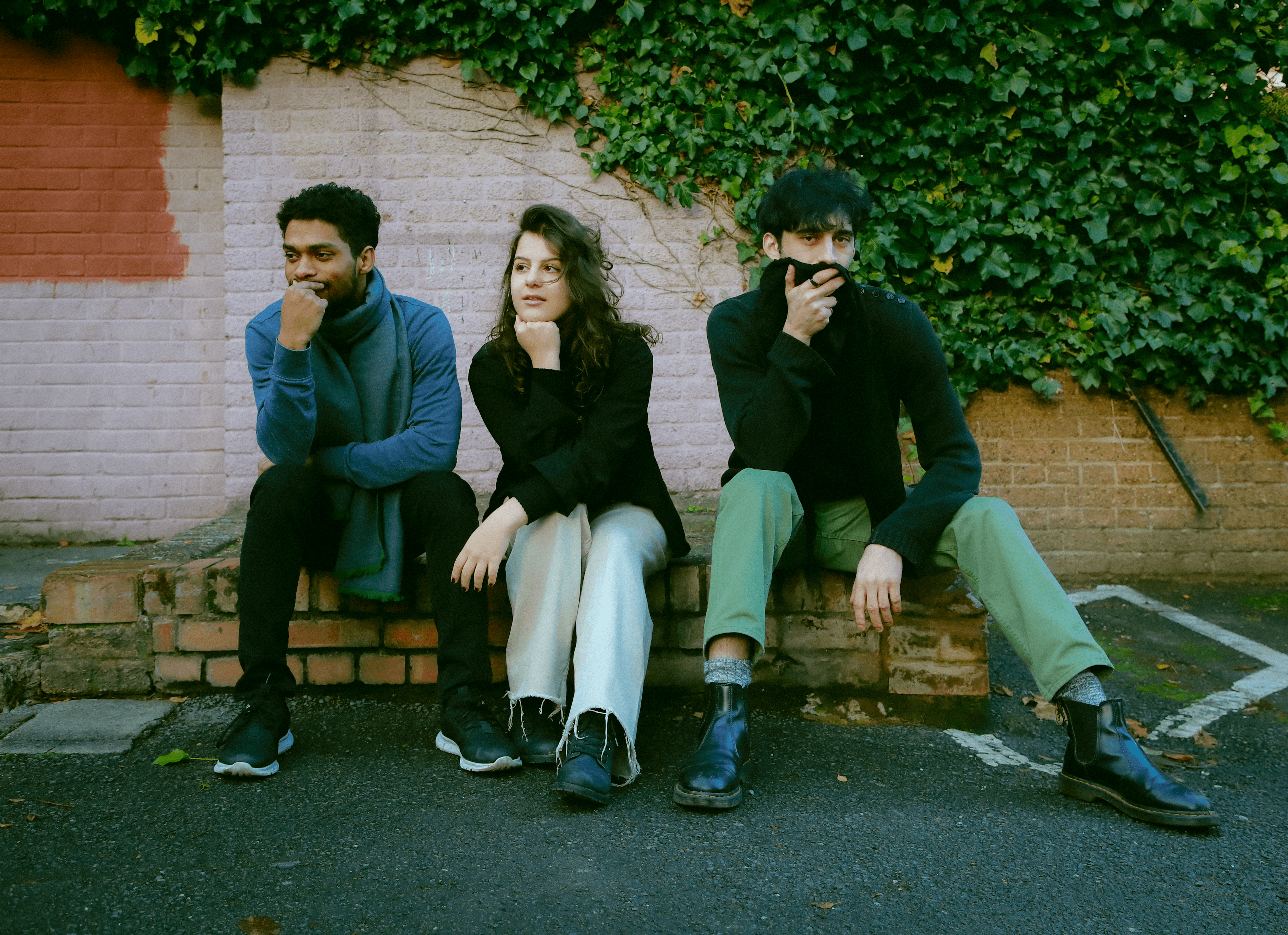
How about pivoting – can you share the story of a time you’ve had to pivot?
As previously mentioned, it is very difficult to uphold your morals as a creative and make it your full time. In the past, I have been in situations where being a professional musician meant having to sacrifice a lot of my creative intentions to replace it with session work such as weddings, functions and cover gigs. Unfortunately this is where most money is for working-class musicians, for reasons mentioned previously.
After years of doing wedding after wedding, I had decided that this was more detrimental to my creative motivation than finding a non-music related job. I was not about to let the current industry take away my passion to create, and this forced me to stop seeing music as my main source of income. So for a few years, I have worked with challenged children at a school, which in my experience is a great combination for aspiring creatives. It gives you a lot of time to work on what you really want, without needing to see music as your main source of income.
In the unfortunate scene we live in, sometimes this is a better solution than fixating on calling yourself a full time musician.
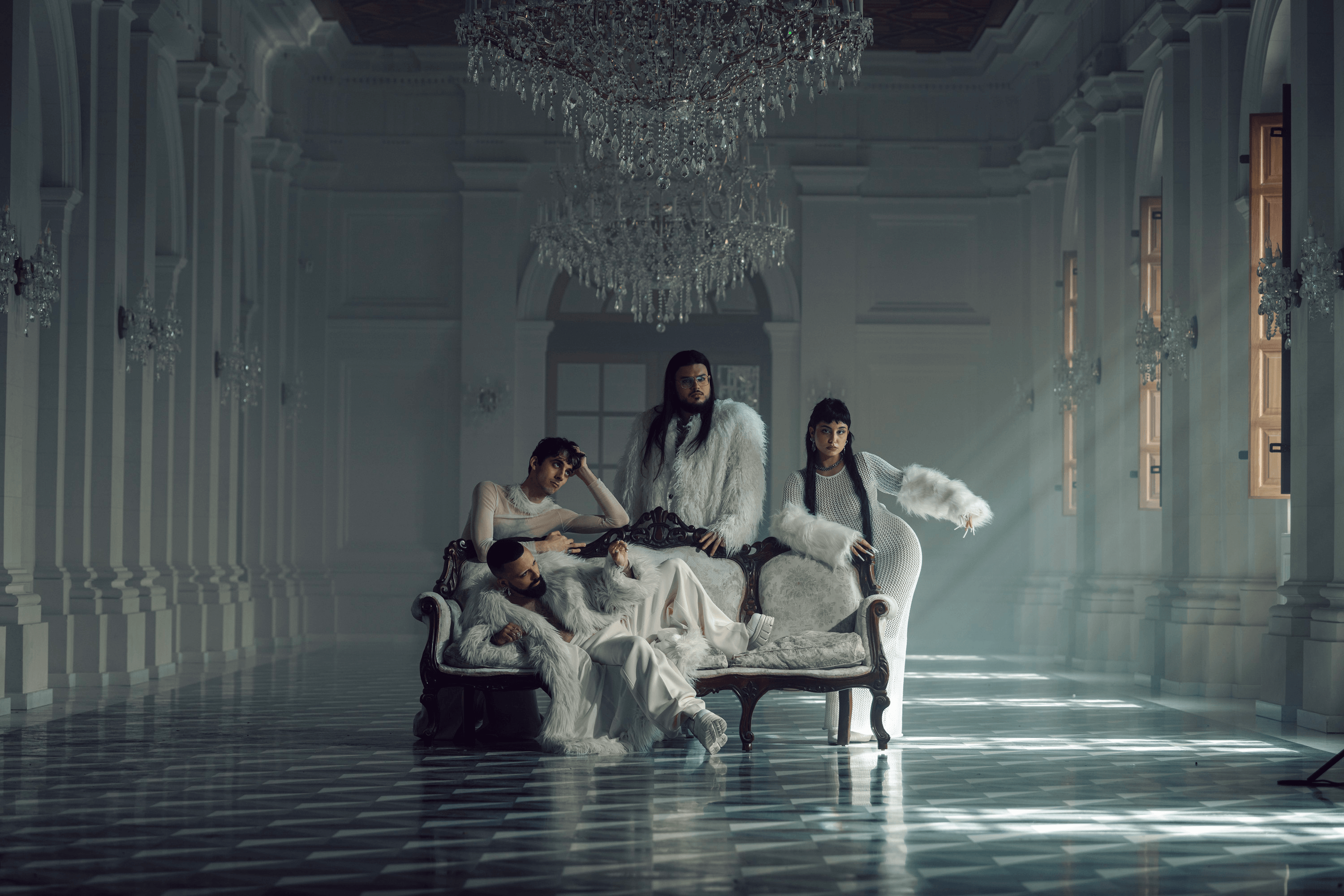
What can society do to ensure an environment that’s helpful to artists and creatives?
The real creatives behind music must be compensated properly. This is a big must if there is any hope in creating a sustainable and real music scene. Musicians are nowadays mainly seen as a service, whether it is to play their favourite overplayed hit a thousand times a year or as an underpaid writer to make labels millions. Sadly this is reflected by the quality of material being produced.
There is only one way to rectify this, and while the explosion of high quality home studios has made emerging artist less dependable on major labels, there is still so much more to be addressed before we can say that the music scene is moving to a healthier future.
Contact Info:
- Website: https://www.141records.com/zackwalters
- Instagram: https://www.instagram.com/zackwalters141/?hl=en
- Facebook: https://www.facebook.com/ZackCamilleri141/
- Youtube: https://www.youtube.com/@141records
- Soundcloud: https://soundcloud.com/141recordsofficial
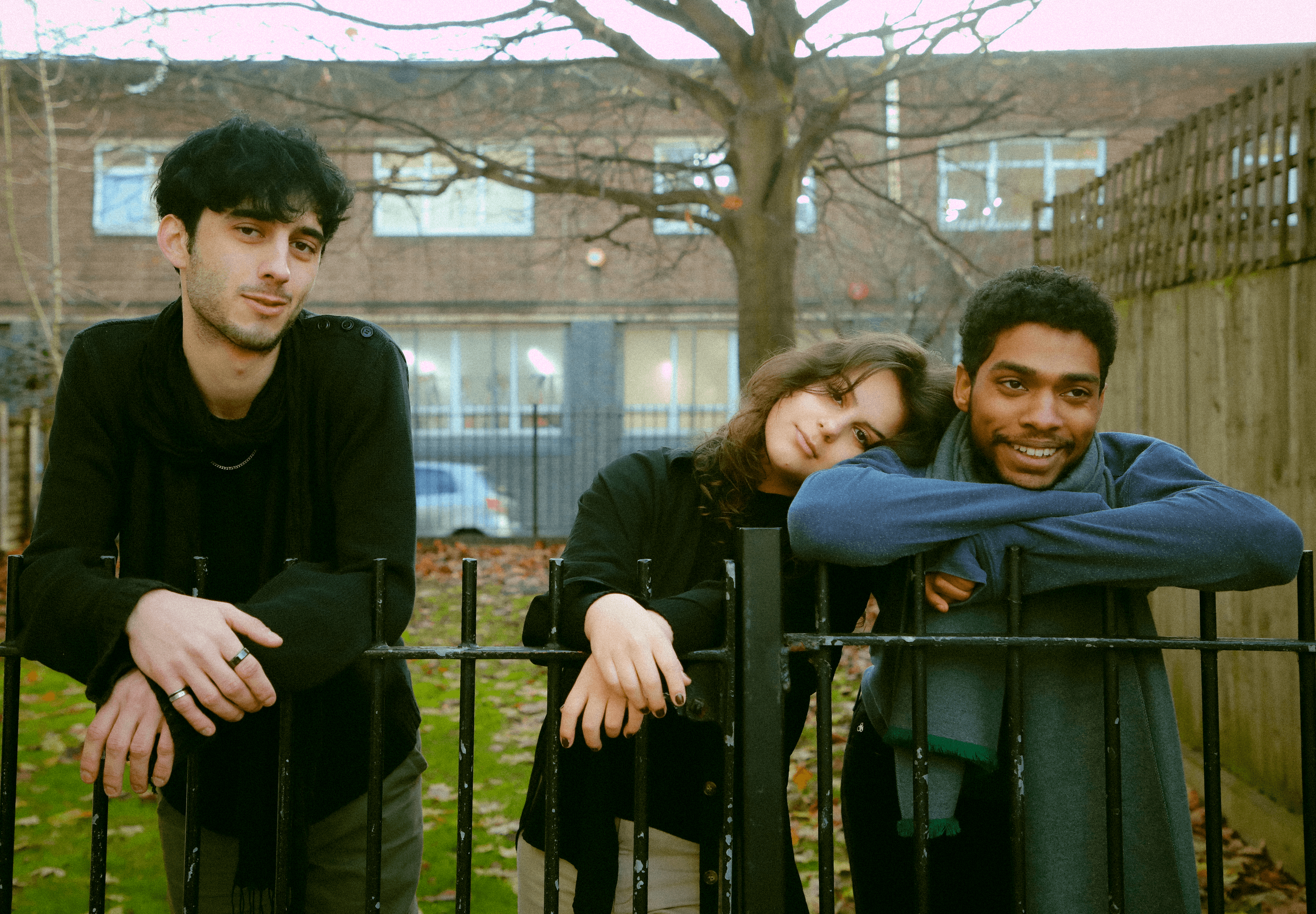
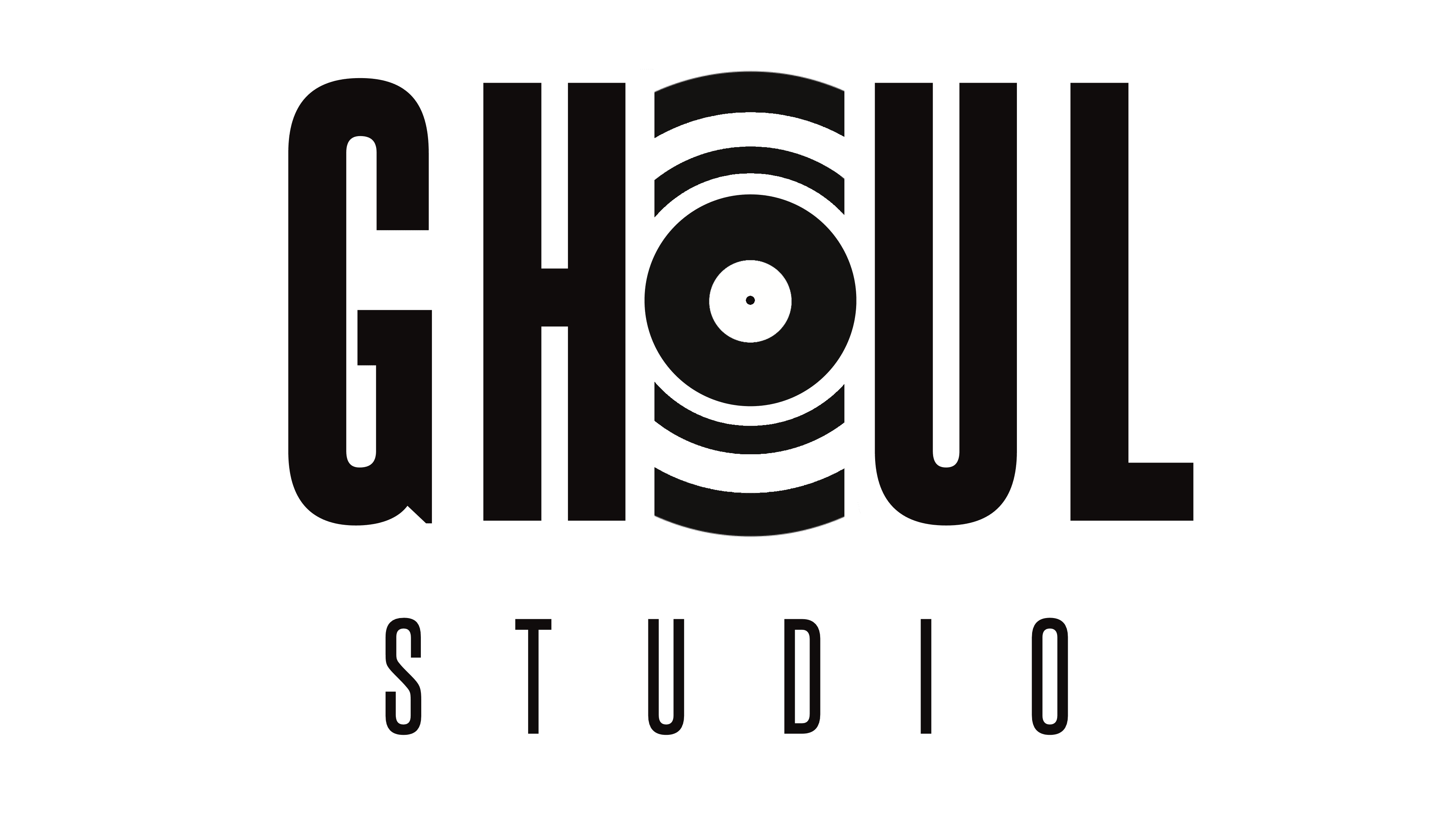
Image Credits
Pic 1 & 3 (Lorella Castillo)
Pic 2 & 4 (Radhika Caroli)
Pic 5 (Thebodybrand)


